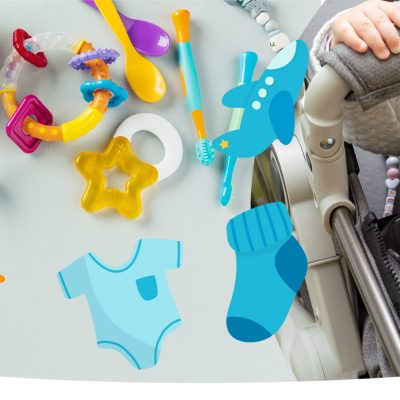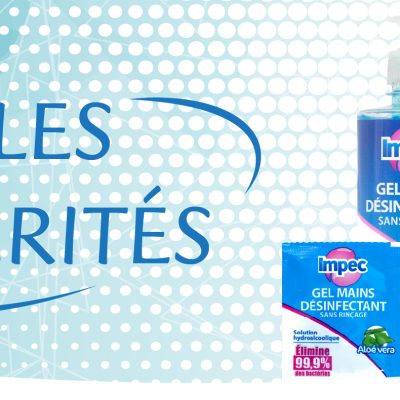Expecting a child is an event that brings many changes to a woman’s life. To ensure that both the baby and the mother are in good health, it is imperative to observe a number of hygiene measures. This applies equally to the pregnant woman and those around her.
We have listed below the hygiene measures to be adopted in the home and for the pregnant woman to ensure that baby is welcomed in the best possible conditions.
Guidelines for a healthy home during pregnancy
It’s essential to create a healthy environment inside your home. To achieve this, regularly open windows to renew air contaminated by viruses, pollutants and humidity.
Clean and disinfect the house daily with disinfectant products. Some experts recommend avoiding overly-aggressive products, which can harm the fetus. However, you can take a few precautions to limit exposure to surfactants and other aggressive components. For example, you can wear household gloves when handling cleaning products.
On the other hand, if you can’t stand the overpowering smell of bleach, use Impec scented bleach! While this product can irritate the respiratory tract when overdosed, it won’t harm your baby at low concentrations, so don’t panic!

Hygiene for pregnant women
Personal hygiene is essential during those 9 months when your body is in hormonal turmoil. This starts with dental hygiene, as pregnant women run a high risk of gingivitis due to the hormonal upheaval. Ideally, you should opt for a fluoride toothpaste that contains no parabens, triclosan or titanium dioxide. Brush your teeth at least 2 times a day.
Pregnant women are also strongly advised to take showers rather than baths. Stagnant water leads to the proliferation of bacteria and exposes you to the risk of infection. That’s why hotel spas and whirlpool baths should also be avoided.
To avoid vaginal infections, health professionals also recommend limiting the number of overly thorough intimate cleansing sessions and frequent douching. On average, a pregnant woman should shower once a day, especially if you’re one of those women who sweat a lot during pregnancy.
Body hygiene rules also include regular hand disinfection, especially before and after each meal, and skin protection with sunscreen to prevent the appearance of brown spots known as “pregnancy masks”.
The breasts also need your full attention during this period to prepare them for breastfeeding. You should clean them daily, then moisturize them with a cream or glycerine.
Finally, you need to take good care of your skin to avoid the appearance of stretch marks in the dermis. These scars are caused by the rupture of deep elastic zones in the skin. These are replaced by thinner, unharmonious, puffy, reddish-purple fibers. Over time, the appearance of stretch marks may diminish, but they still leave unsightly streaks on the skin of the stomach, thighs, buttocks, breasts, etc.
So remember to brush these areas with sweet almond vegetable oil after showering, to soften the skin and promote blood micro-circulation. The sooner you adopt this treatment, the less likely you are to have visible stretch marks after giving birth to your baby.






